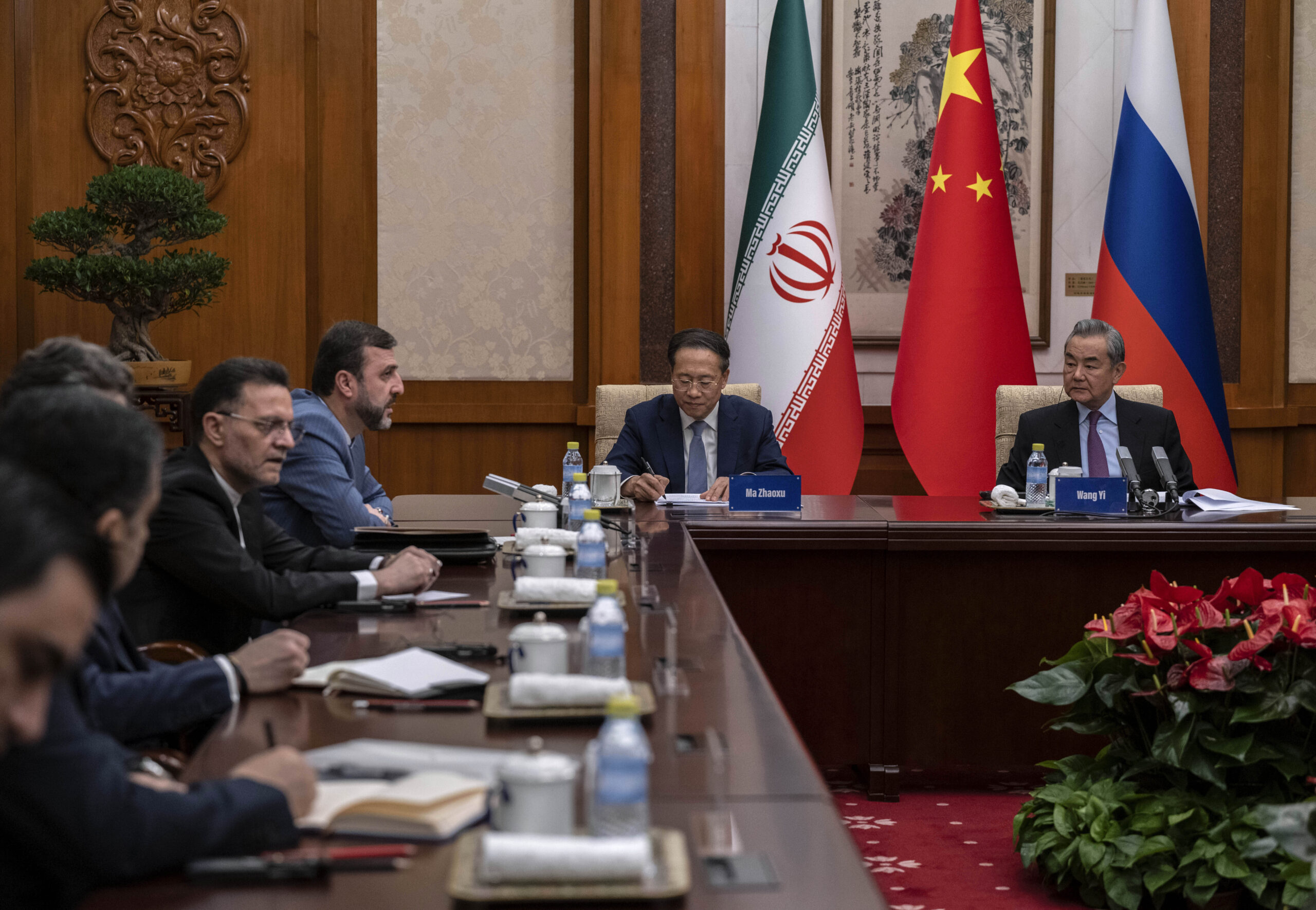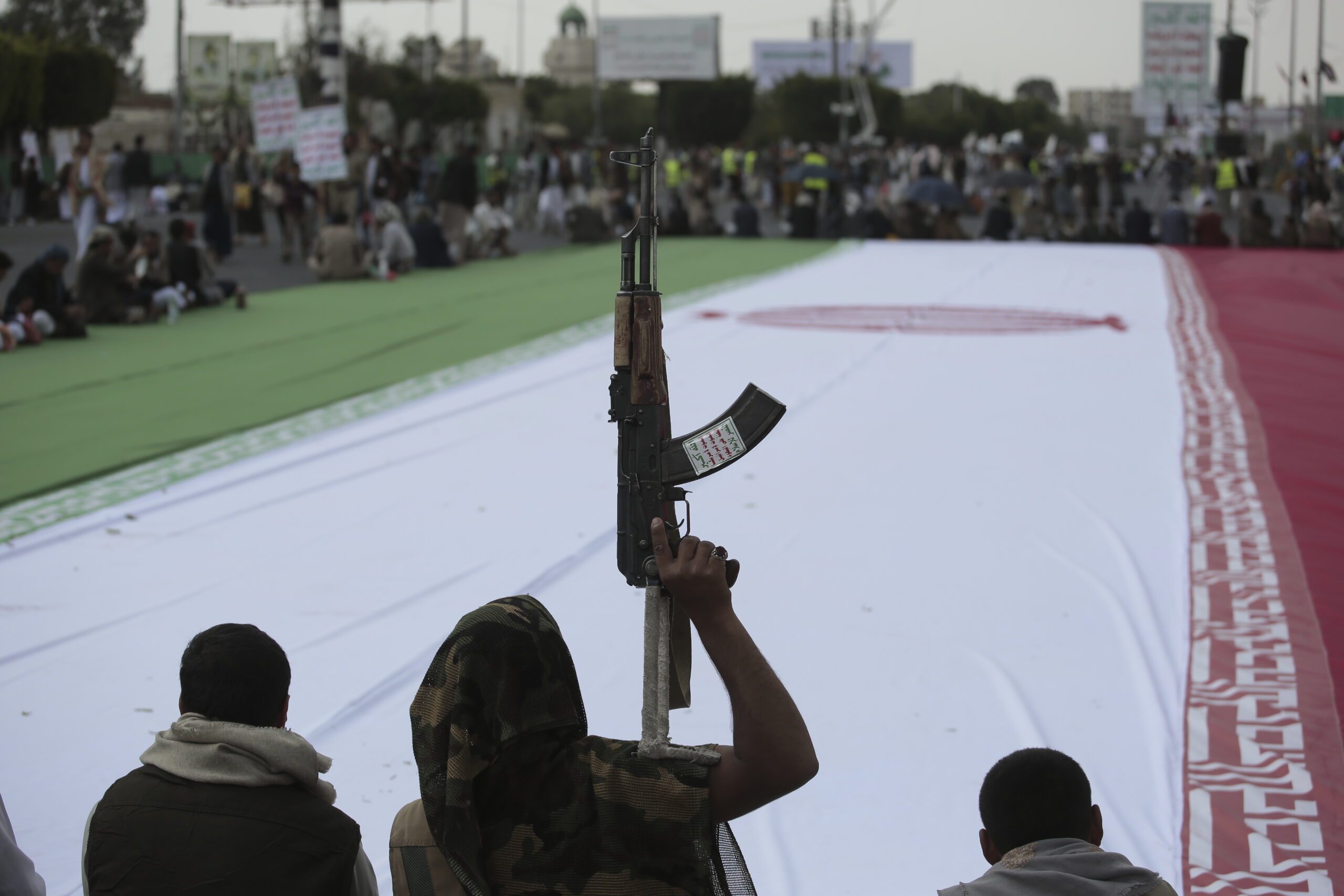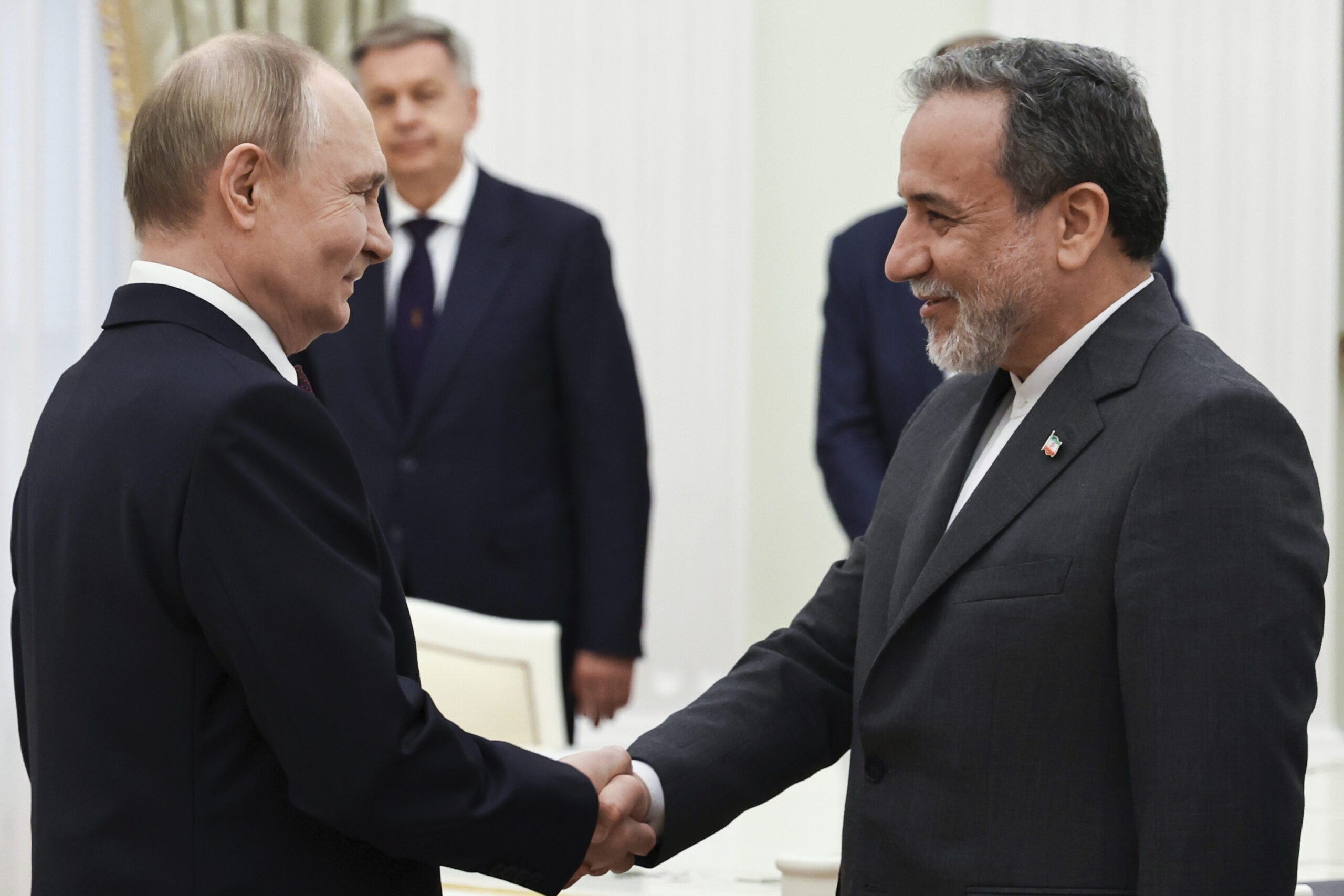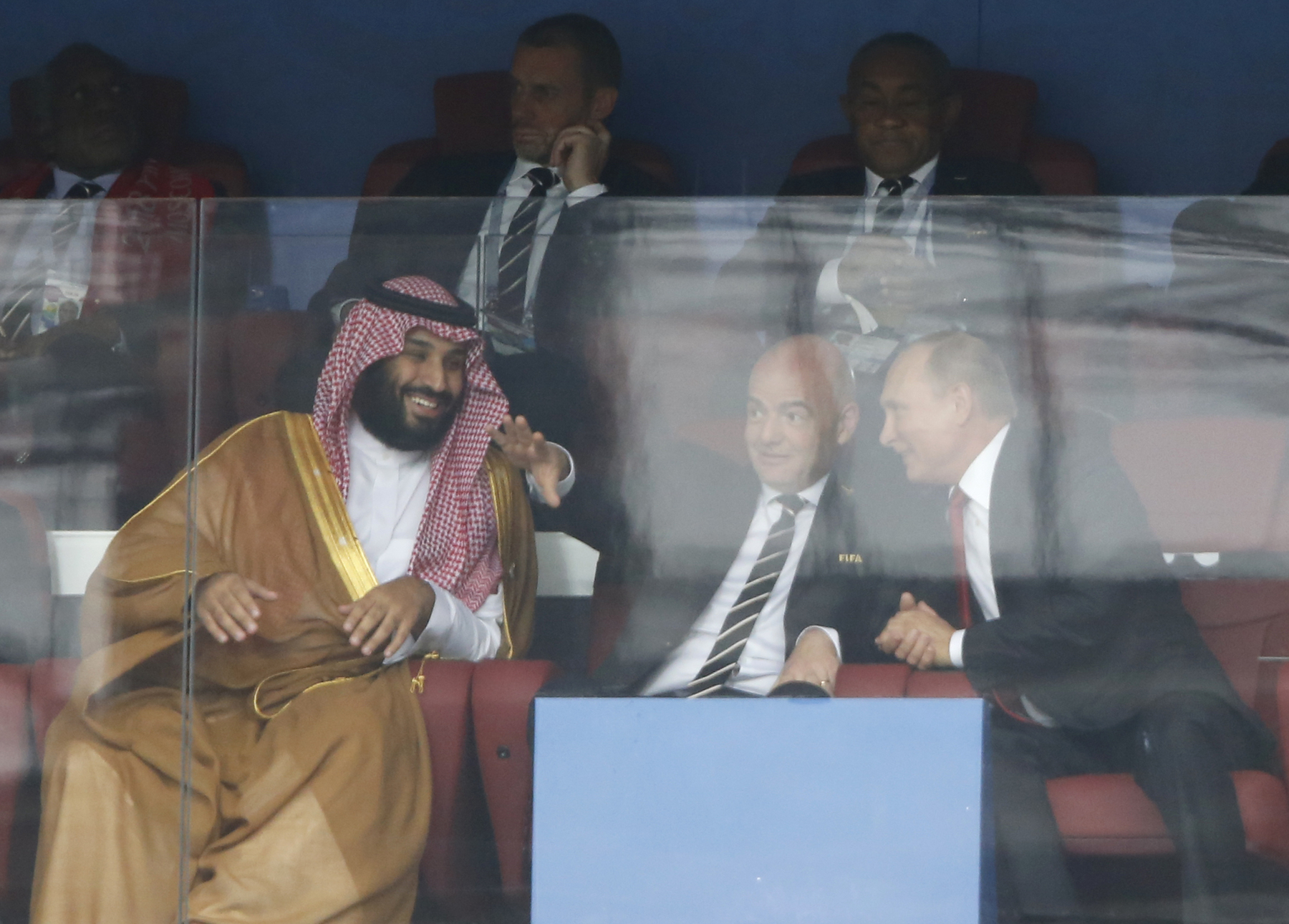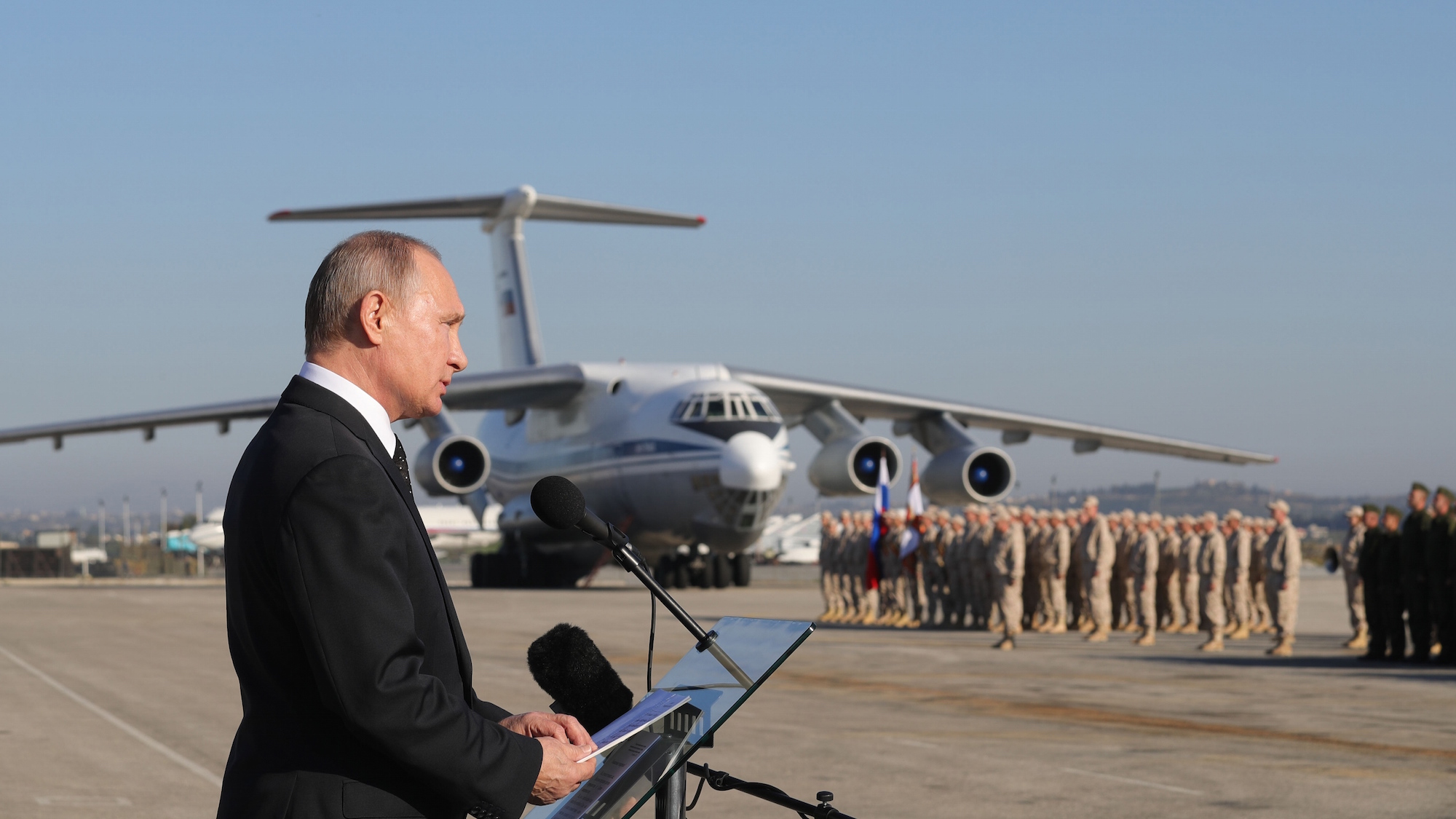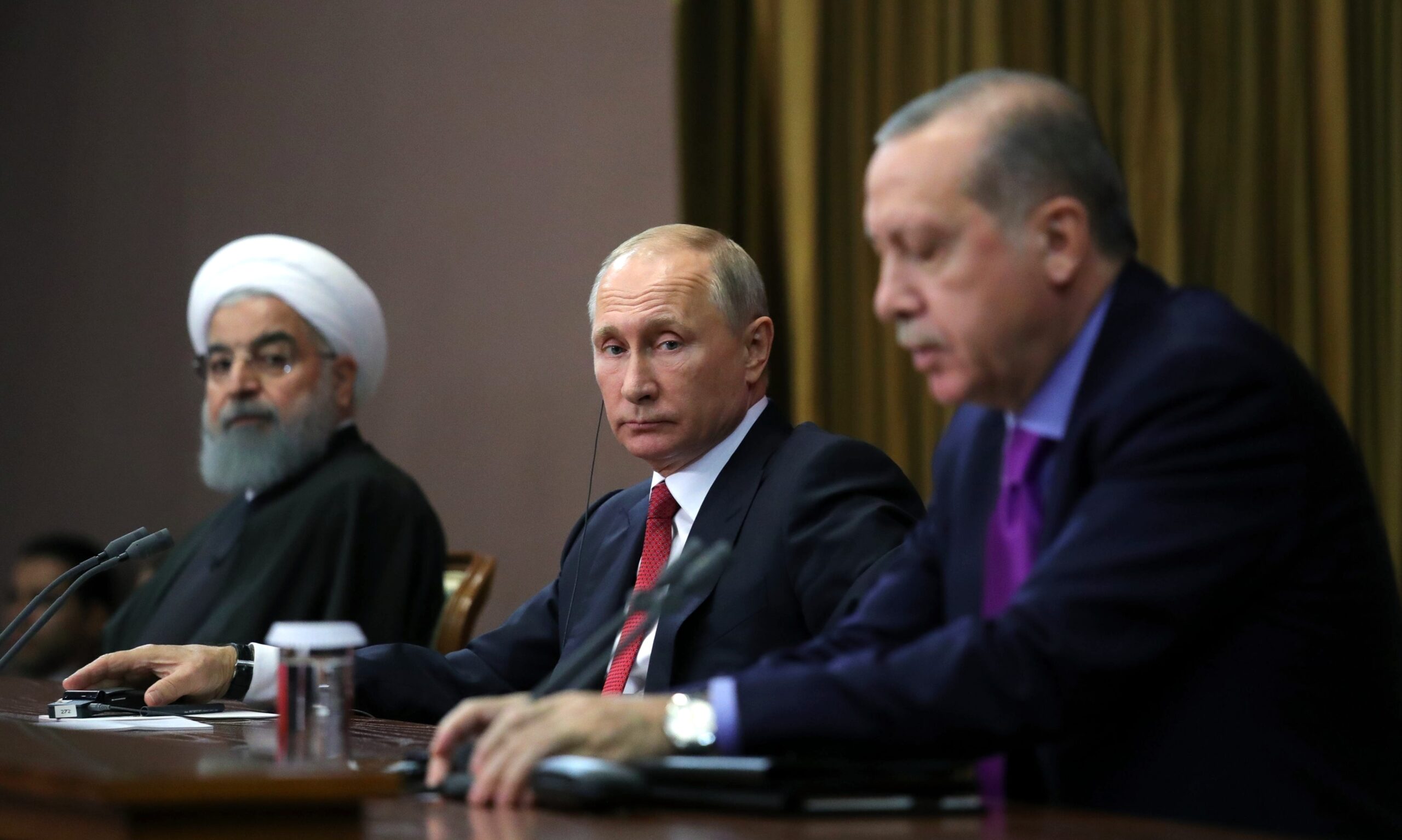Russia Maneuvers between Opposing Forces in Yemen
As it did during the Cold War, Moscow is now working with Yemeni forces that are in conflict with each other. Moscow officially recognizes the government of Yemeni President Abd-Rabbu Mansour Hadi, who in 2012, at the height of Yemen’s Arab Spring protests replaced the unpopular Ali Abdullah Saleh through a transition that the Gulf...
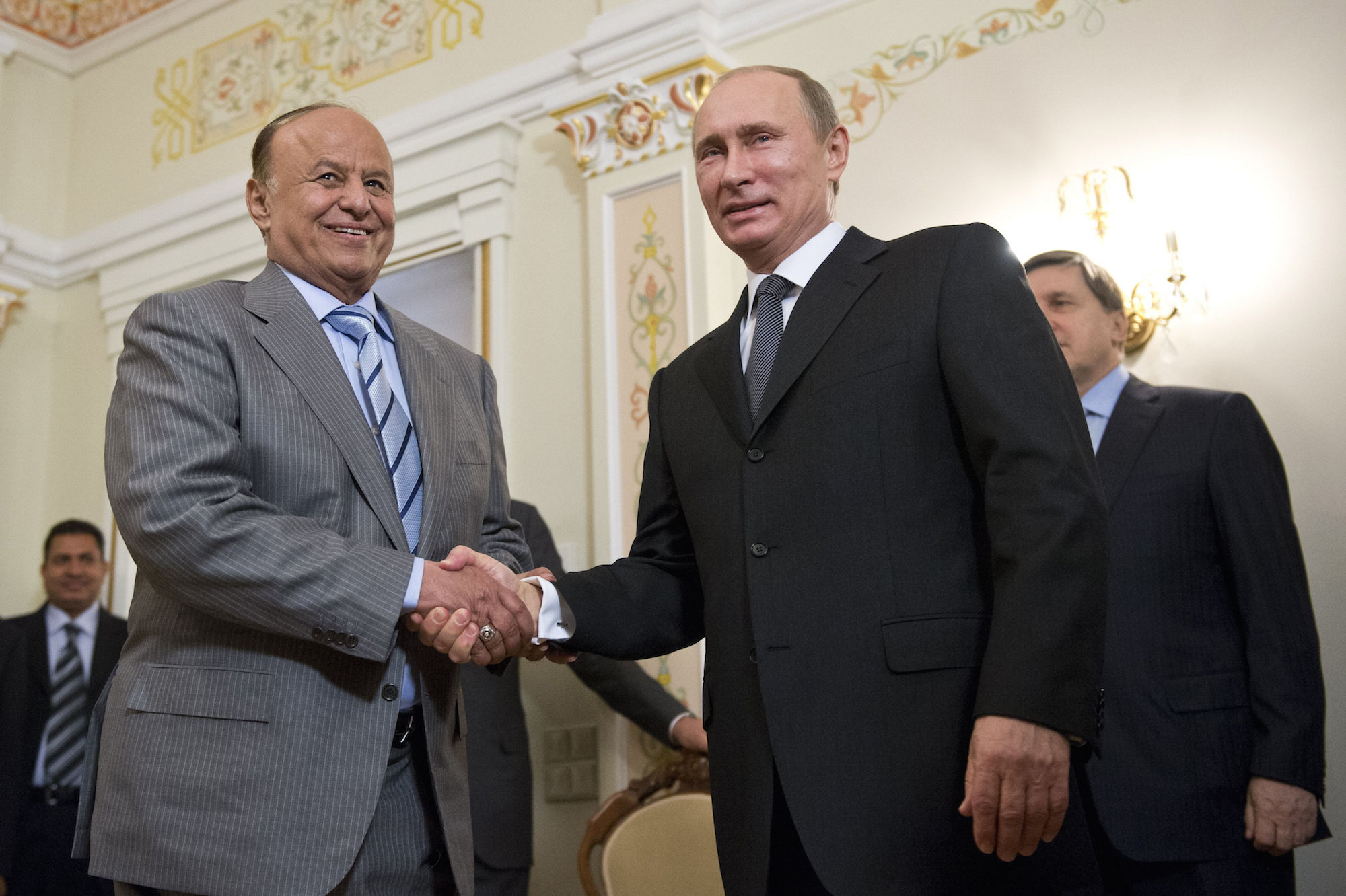
As it did during the Cold War, Moscow is now working with Yemeni forces that are in conflict with each other. Moscow officially recognizes the government of Yemeni President Abd-Rabbu Mansour Hadi, who in 2012, at the height of Yemen’s Arab Spring protests replaced the unpopular Ali Abdullah Saleh through a transition that the Gulf Cooperation Council states helped broker. But after the Houthi rebels seized the capital Sanaa from the Hadi government, and especially after the beginning of the Saudi-led military intervention in Yemen in March 2015, the Russians have also taken some limited steps supportive of Hadi’s Houthi opponents. So far, though, Moscow has not been willing to embrace either the Houthis or their partner, former President Saleh, more fully. Ultimately, Russia’s actions in Yemen may not be aimed at increasing Moscow’s influence in that impoverished, war-torn country, but in shaping the Russian-Saudi relationship instead.
Russian President Vladimir Putin met with Hadi in Moscow in April 2013, when the latter seemed to be relatively strong in Yemen. When the Houthis took over Sanaa in September 2014, most countries closed their embassies in the Yemeni capital. Russia, though, kept its embassy open, and it has remained so throughout the ensuing conflict.
Russian media has been highly critical of the Saudi-led intervention in Yemen since it began nearly two years ago. This appears to be a tit for tat response to Saudi criticism of Russian support for the regime of President Bashar al-Assad in Syria. However, Russian media has also at times portrayed the Houthis negatively. In May 2016, one of the leading Russian news agencies, Sputnik, ran a story on an Amnesty International report describing the Houthis’ “brutal campaign” against its opponents. This story was unusual in that it was not critical of the Amnesty report, while Russian media tends to vilify reports by human rights organizations about how the Assad regime treats its opponents.
In April 2015, Russia abstained in a vote on a U.N. Security Council Resolution imposing an arms embargo on the Houthis. By abstaining, rather than exercising its veto, Moscow allowed the resolution to pass.
In early August 2016, there were reports that Russia might recognize the governing council that the Houthis had announced they were forming in Sanaa. A few days later, though, the Russian charge d’affaires in Sanaa denied these reports, saying that, “Russia could not acknowledge two governments,” and stressing Russia’s support for the “legitimate” Hadi government.
In mid-December 2016, a deputy Russian foreign minister received a Houthi delegation in Moscow headed by its spokesperson, Mohammad Abdulsalam. What they talked about was not revealed, though the Russian Foreign Ministry did note how the Houthis “highly assessed” the Russian approach to Yemen.
Shortly thereafter, the Russian Foreign Ministry spokesperson emphasized how Russia supported U.N. efforts to stop the war, and that it maintained contact with both the “legitimate government” as well as its opponents. She described as “absurd” the “claim that Russia is allegedly using the events in Yemen to its advantage to pursue its own geopolitical goals and as leverage to fulfill its ambitions in the Syrian problem.”
Despite this denial, and notwithstanding Russian efforts to improve relations with Riyadh, Moscow’s behavior with regard to Yemen certainly raises the possibility that it is signaling Saudi Arabia in particular that if Riyadh continues to aid the Syrian opposition to the Russian-backed Assad regime, then Russia could respond in kind in Yemen. Saleh raised this possibility himself in August 2016 when he told a Russian TV channel that Yemen was willing to offer Moscow access to its air and naval bases.
Moscow, however, has not taken up this offer, which Saleh is hardly in a position to implement anyway. The fact that Saleh even made it, though, is reminiscent of how during the Cold War, opposing Yemeni actors sought – and received – support from the Soviet Union. Moscow provided military and economic assistance both to Marxist South Yemen and to rival North Yemen. During 1979-82, Moscow was not only giving military assistance to South Yemen, which was aiding the National Democratic Front insurgency inside North Yemen, but it also gave military assistance to the North Yemeni government fighting against it. In the mid-1980s, Moscow took actions in support of rival South Yemeni leaders, and this contributed to the outbreak of the vicious 1986 civil war between opposing Marxist factions in South Yemen, which Soviet military forces helped to quell.
For Moscow to cooperate now with opposing sides of Yemen’s conflict simultaneously is very much in keeping with its Soviet-era practice of doing so. Still, it is a much lesser degree of involvement in Yemeni affairs than Russia’s military support for Yemen’s opposing sides during the Cold War. Saleh – who previously both received Soviet military support and watched as Moscow provided similar support to his adversaries – seems especially eager to see this revived. Putin, though, shows no signs of fulfilling Saleh’s hopes.
Still, the ongoing conflict in Yemen is useful to Russia with regard to Syria. Saudi resources expended on the conflict in Yemen, after all, are resources that are not available for Riyadh to give to Syrian opposition forces. Russian flirtation with the Houthis, though, raises the possibility that if Moscow did provide resources to the Houthis or Saleh, the achievement of Saudi aims in Yemen could be rendered even more difficult. But Moscow’s Yemen policy also holds out the prospect of a Saudi-Russian trade: Putin could help the Saudis in Yemen if they help him in Syria. Ultimately, then, Putin’s policy toward Yemen may be aimed at attempting to reshape Saudi policy toward Syria, and not at re-establishing a robust Russian presence in Yemen itself.
The author is grateful to Elinor Hayes and Kaelyn Vitale, who are both undergraduates at George Mason University, for their research assistance.
The views represented herein are the author's or speaker's own and do not necessarily reflect the views of AGSI, its staff, or its board of directors.


